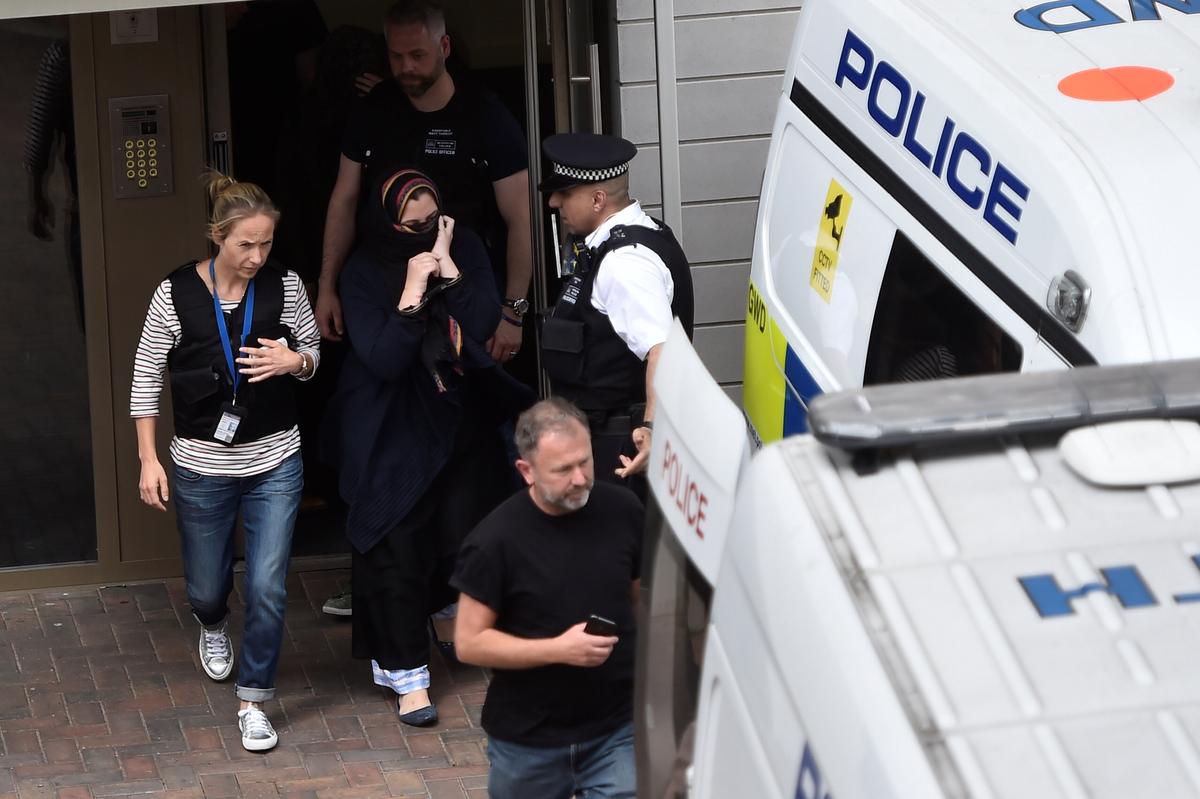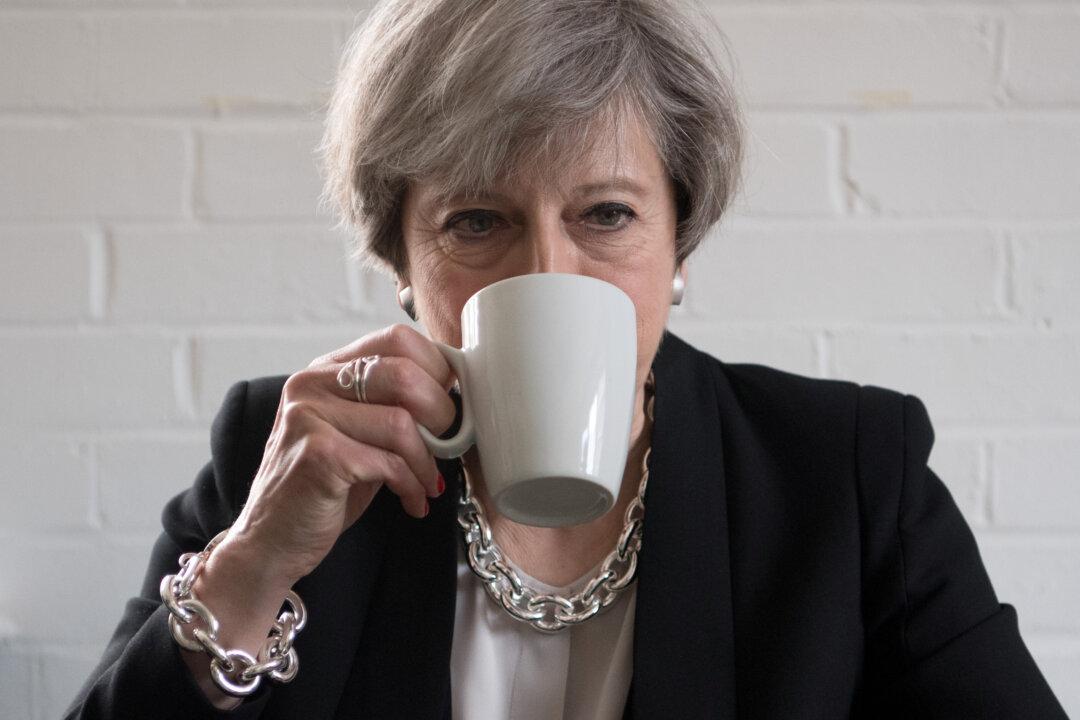SLOUGH, England—British Prime Minister Theresa May said on Tuesday she would be willing to weaken human rights protections to make it easier to deport or curb the movements of suspected terrorists who there is not enough evidence to prosecute.
May used one of her final speeches in an election campaign which has turned into a debate about national security to step up her rhetoric against radical Islamic extremism, pledging to ensure security services had the powers they needed.
It comes days after Britain’s third major terror attack this year, in which seven people were killed when terrorists plowed a van into pedestrians and then started stabbing people and slitting throats in a busy area of central London.
May said authorities needed to be able to do more, including to restrict the movements of suspected terrorists when police had enough evidence to suspect they presented a threat, but not enough to prosecute them.






